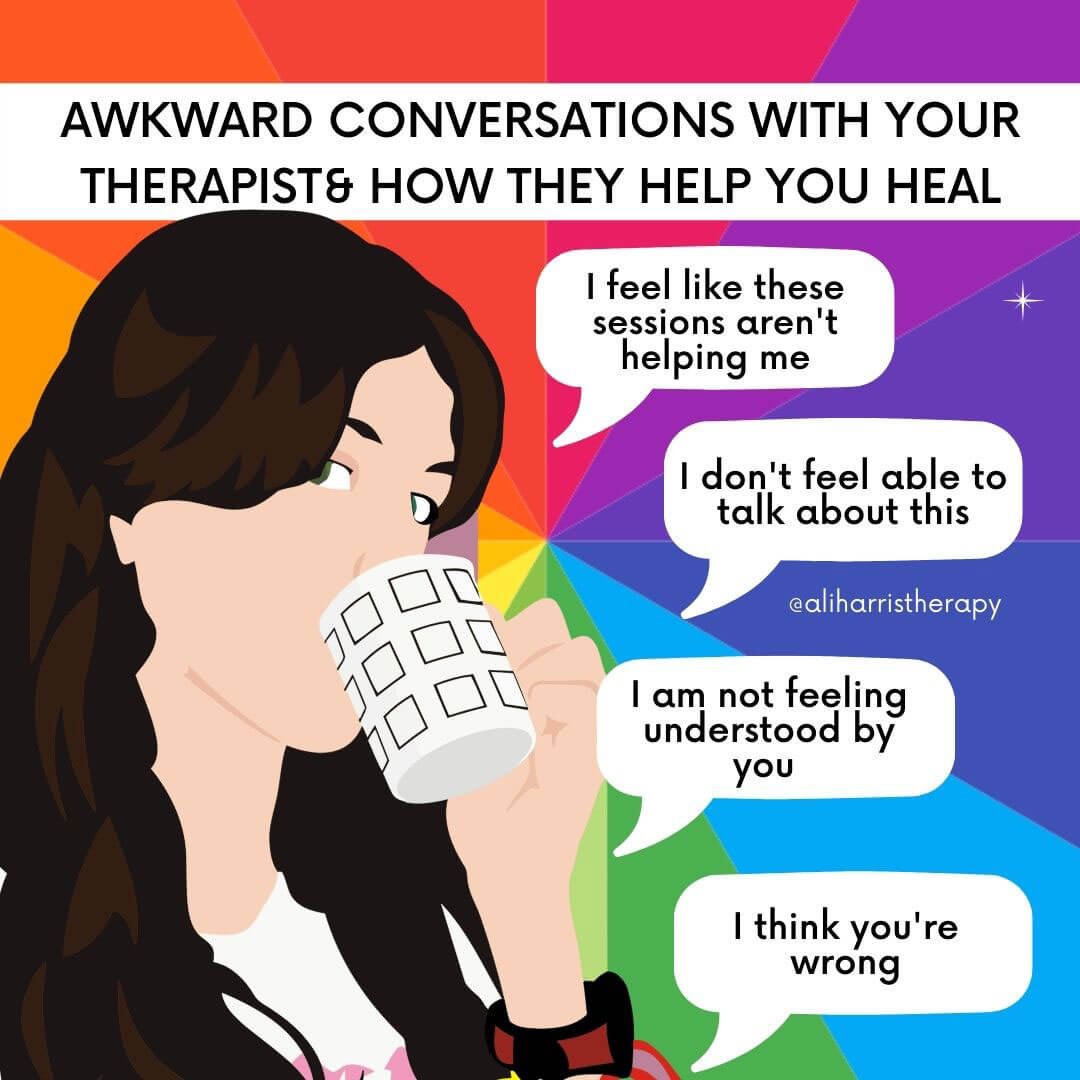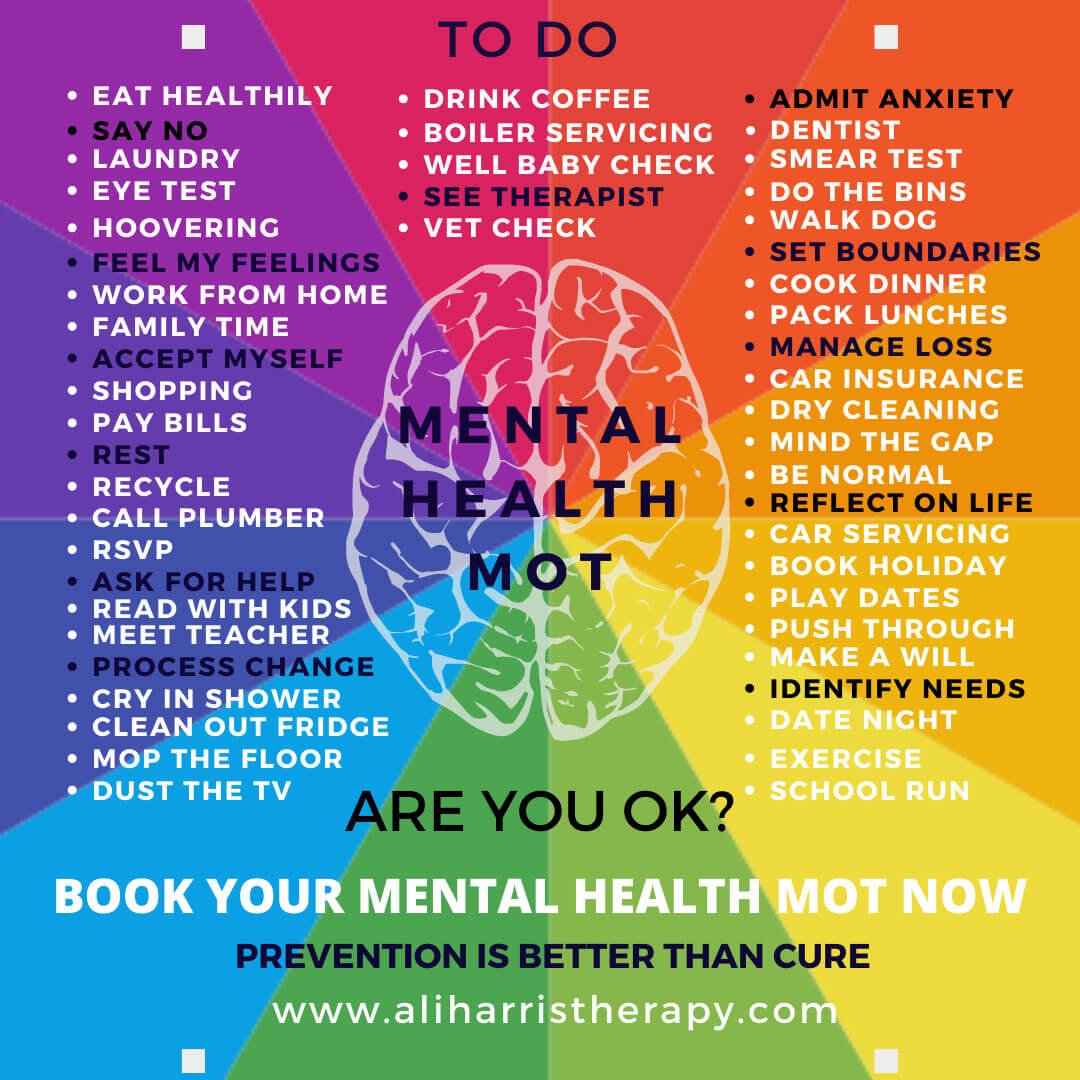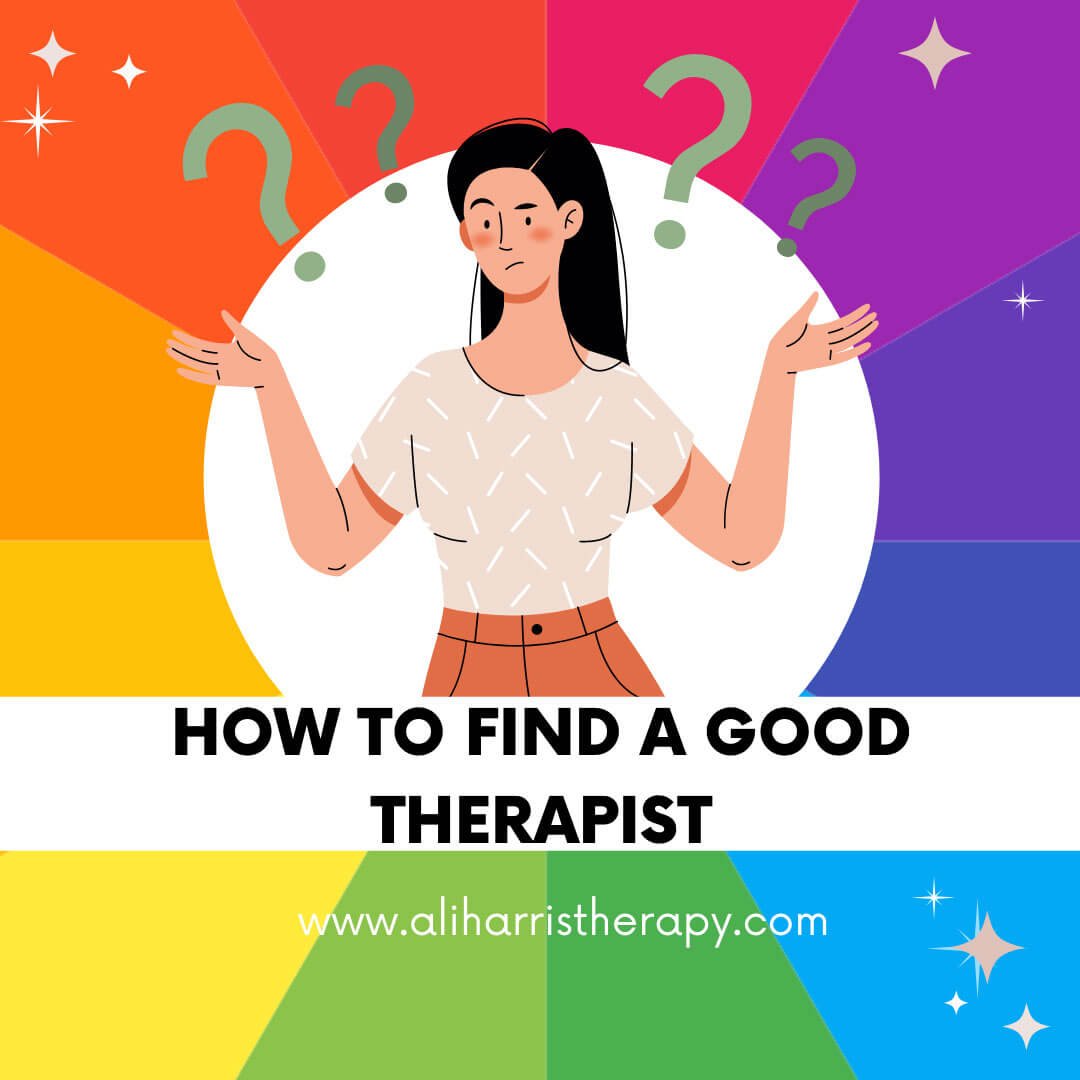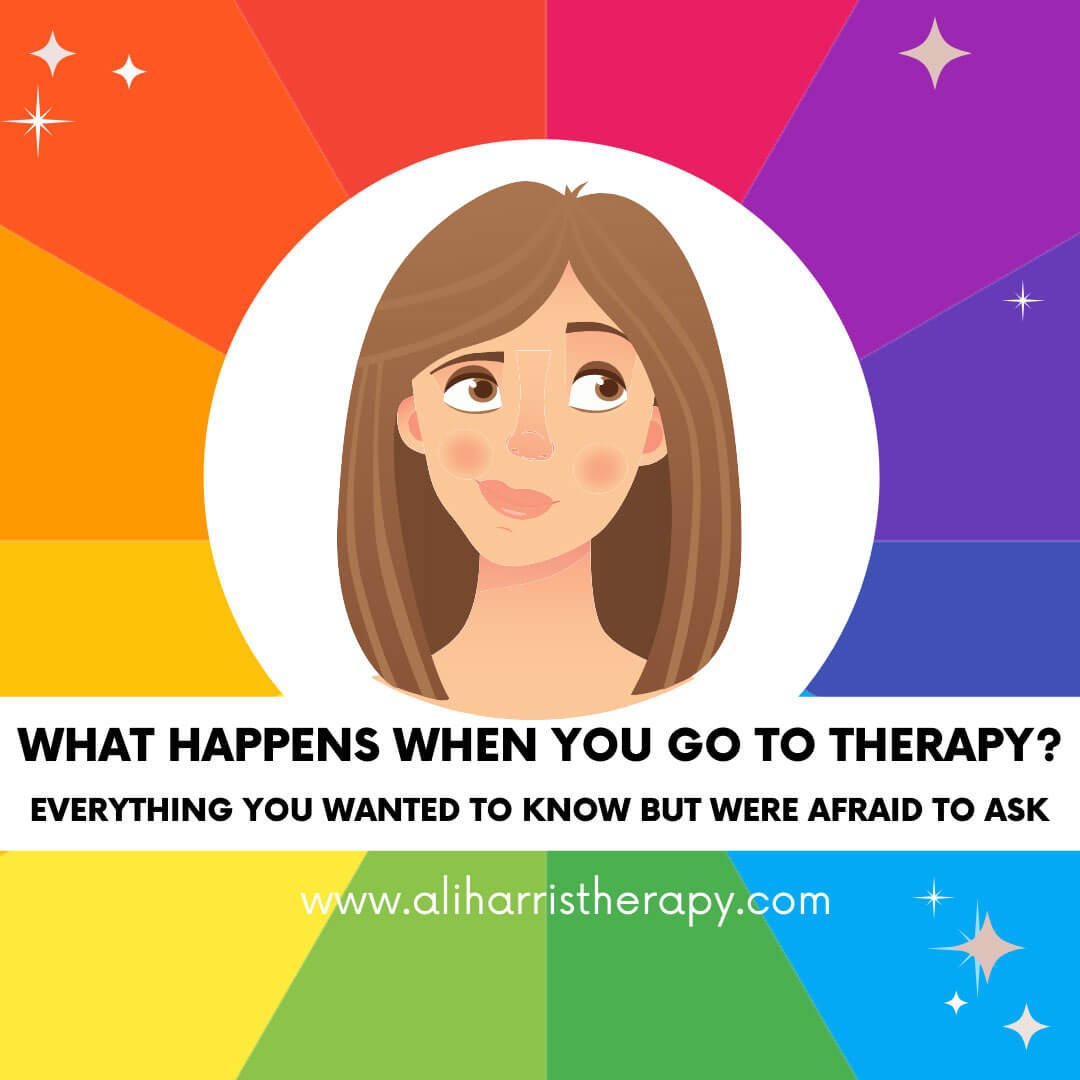Counsellor or Psychotherapist? Which is better?
Counsellor or psychotherapist, which is better?
IS one better than the other?
What is the difference between a counsellor and a psychotherapist?
Many people seem to believe that counsellors are the 'light weight' version of psychotherapists. As a result, a lot of people who have trained as counsellors call themselves psychotherapists.
I suspect they do this because they feel it sounds better, it seems to carry more weight and clients will be more likely to choose them. Understandable, huh?
I did my therapeutic training at The University of Hertfordshire and The Counselling Foundation, and there I was advised there to call myself a counsellor, which I did for a while, but I realised pretty quickly that your average person is less concerned with this issue than they are with actually getting help.
So these days, I refer to myself and as a counsellor & psychotherapist.
BUT
For anyone who's interested, as a counsellor I:
Trained for 10 years
Wrote many detailed essays & case studies along the way
Completed more than 500 hours of clinical work as I trained
Worked with a diverse range of clients with varying levels of difficulties over different time periods,
Worked for years at a time with particular clients struggling with complex, long-standing issues at a very deep, unconscious level
Was subject to regular and close supervision throughout
Being perceived as a bit 'light weight' stings more than a bit.
BUT it's really understandable. The truth is that anyone can call themselves a counsellor or a psychotherapist.
It's all about the training, right? Psychotherapists are more highly trained? (Not necessarily, no...)
Some say ask about their training, and that will give you some idea (and it will, up to a point,) but here's the thing...
I've met some amazing counsellors/psychotherapists who work beautifully, effectively and in great depth with their clients, but only did a quarter of the training I've done, because they weren't very good at the 'school stuff'.
They may have left the therapeutic classroom before me but they are undoubtedly totally amazing therapists to whom I would refer people without a second thought.
And I've met counsellors and psychotherapists who could study me into a corner & make me beg for academic mercy, who've seen more clients than God, yet who seem not to have one empathic bone in their bodies. Their clients seem to never improve, and I wouldn't send my worst enemy to their door.
So maybe getting hung up on the title isn't that helpful?
So how do I find a good therapist or counsellor or psychotherapist then?
Here are my suggestions:
Meet your potential therapist & talk to them
How to you feel in their presence?
Do you feel happy to talk to them?
Are they interested in you?
See if they have testimonials from satisfied former clients
Do they seem passionate about their work or do you get a 'dialing it in' kind of vibe?
Can you get any recommendations from people you know? Although everyone's different, that can help a lot.
I wish I had known this when I first when looking for a therapist for myself.
If you'd like more info on how to choose a counsellor you can find my more detailed take on that here.
But my first counsellor wasn't right for me, probably because I didn't really know what to look for.
The relationship between counsellor and therapist is one of the most healing parts of your therapy
One last thing I want to say, though, is that the way your therapist works -whether it's
Psychoanalytic
Person-Centered
Psychodynamic
Gestalt
Integrative....there are so many!
Neuroscientific research has found that all these approaches (and others) can work.
(For example check out Therapy in the Age of Neuroscience by Peter Afford.)
Brain scans have observed new neural pathways to the brain being formed as people go through their respective therapies.
And as this happens, people were observed to get better.
The thing that has been found to be much more important than your therapist's school of thought or way of training, is the RELATIONSHIP between client and therapist.
The theory is important in its own way, but if it was just how we trained, then you could buy a self-help book and 'therapise' yourself.
We are relational beings. We become mentally ill due to difficulties in our relationships and experiences with other relational beings.
The best way to heal these relational difficulties is in relationship to another person.
A person who wants to engage with us.
Someone you feel comfortable with.
A person you want to talk to.
No counsellor or psychotherapist or analyst or practitioner will be right for everyone.
No one approach is right for everyone.
So don't be afraid to shop around - therapy isn't cheap, and it can change your life for the better.
Maybe lets not get hung up on the name - focus on who jumps out to you as being the right one for YOU.
And if you're looking for some emotional support, and you'd like a chat to find out if I might be someone you could talk to, please do get in touch now and we'll find out together.
Self-Love Quiz
Self-love is the foundation of mental health, which is why I created the self-love quiz – to help you measure you self-love level & help you learn how to improve your mental health, so that you can create a happier, more satisfying life!








